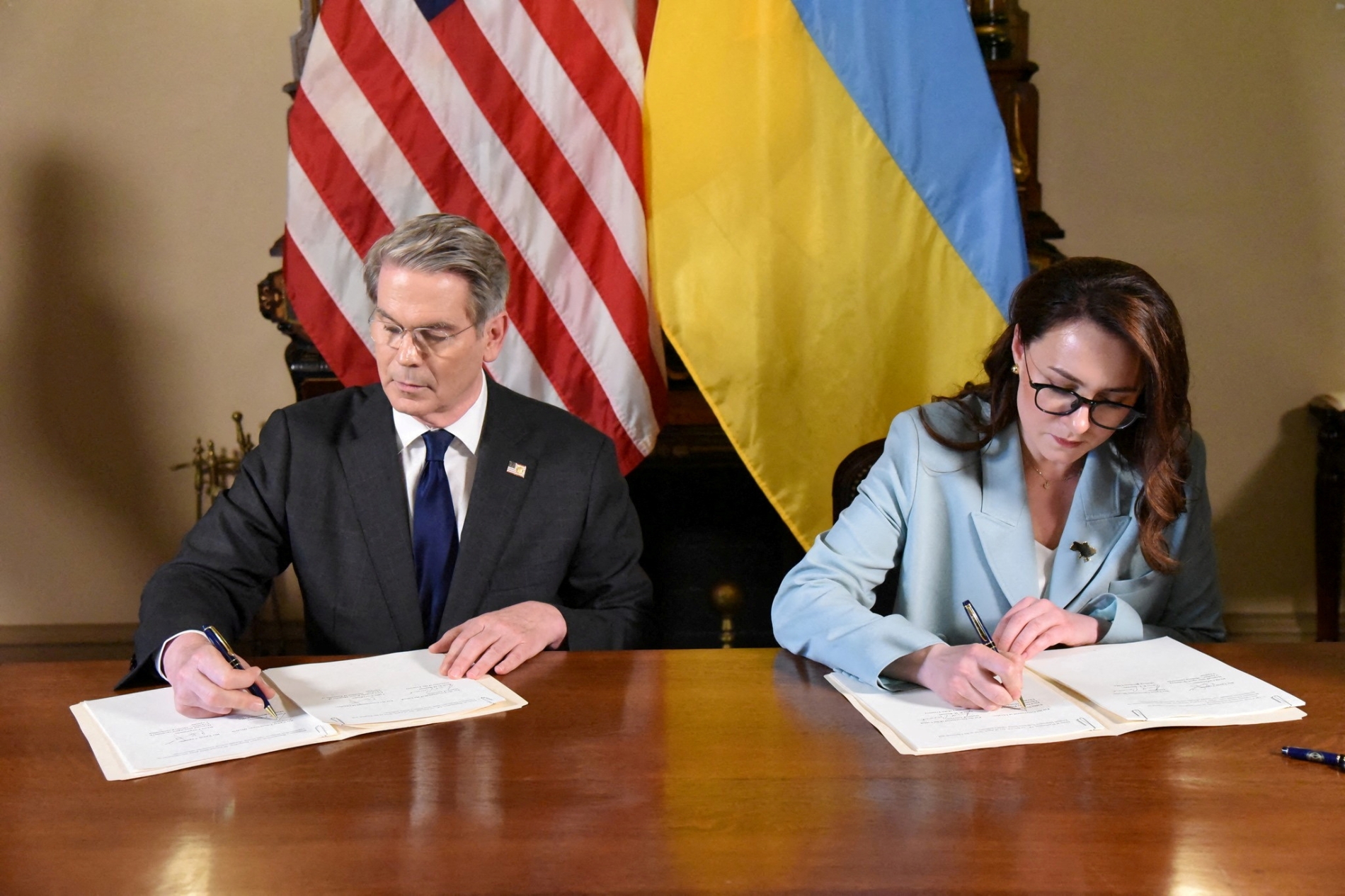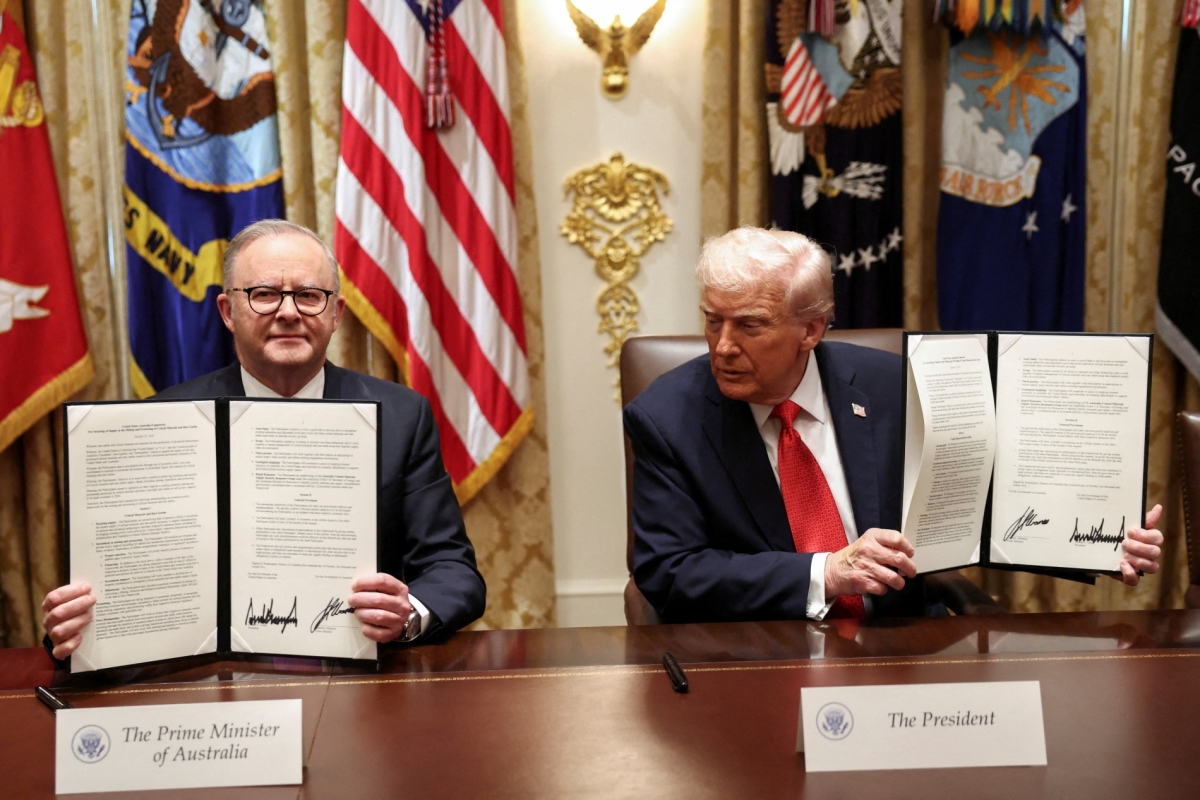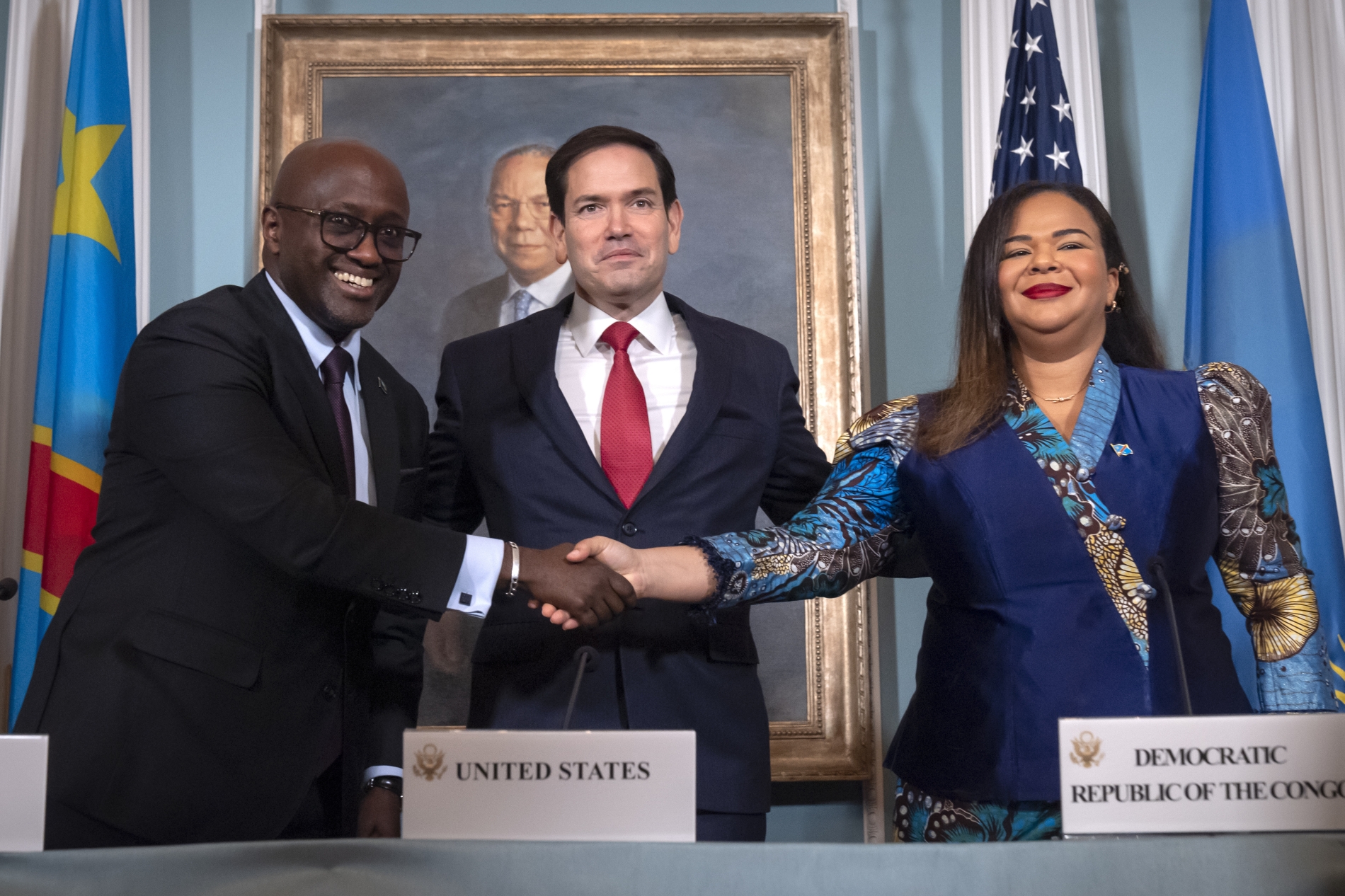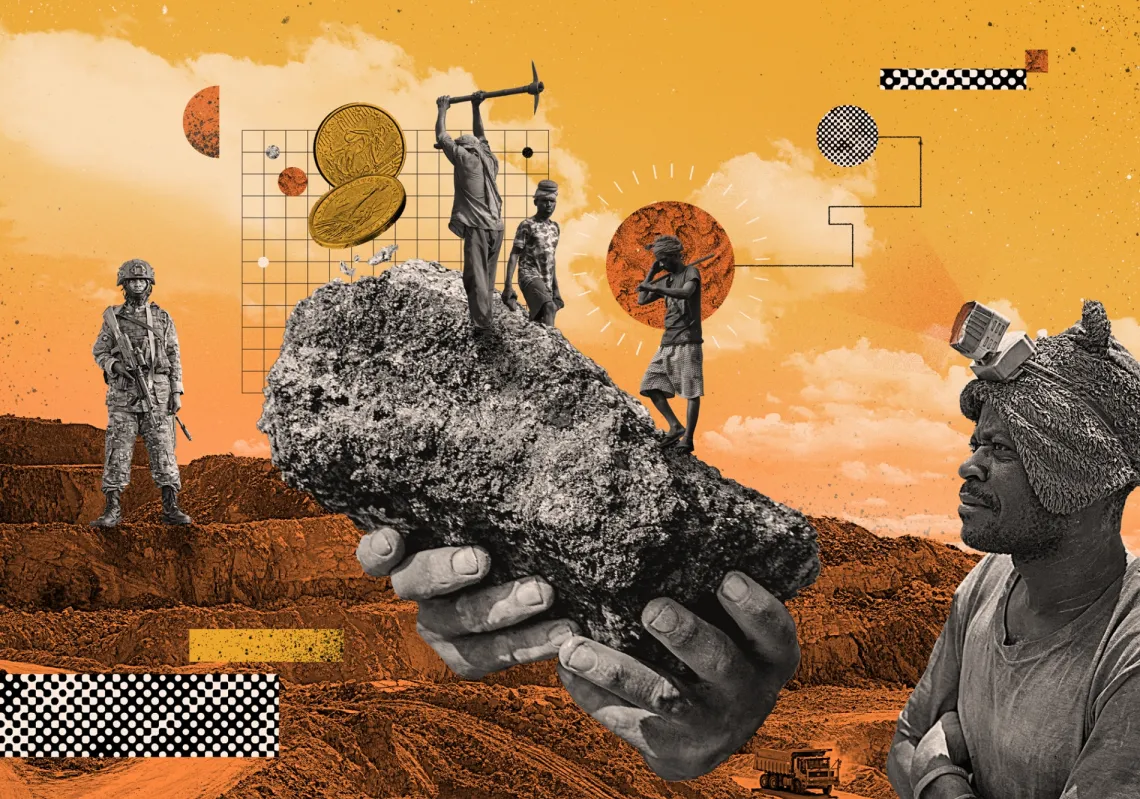Australian Prime Minister Anthony Albanese became the latest leader to use critical minerals as a fast-track into US President Donald Trump's good graces, signing a deal during his visit to Washington on Monday that will give the United States greater access to Australia's critical mineral reserves and infrastructure.
As part of the deal, the two countries will jointly invest $3bn in critical mineral projects over the next six months, aiming to unearth minerals worth an estimated $53bn, according to the White House. The Pentagon will also invest in an advanced refinery in Western Australia to mine the mineral gallium.
"In about a year from now, we'll have so many critical minerals and rare earths that you won't know what to do with them," Trump told reporters on Monday.
Critical minerals and rare earths have underpinned several of Trump's foreign-policy moves in his second term, from peace deals to tariff threats. It's easy to see why: The commodities, around 50 of which are considered vital to US security by the US Geological Survey, are indispensable raw materials in many advanced military technologies, including missiles and fighter jets. The problem is that China accounts for the vast majority of rare earth and critical mineral production and processing, a stranglehold it has been increasingly willing to weaponise in trade negotiations.
Australia is the latest in a string of countries aiming to help Washington hedge against that dominance—and help themselves in the process by currying favour with Trump. Here are some of the others.

Ukraine
Critical minerals made their way into one of Trump's most fraught diplomatic efforts: negotiations to end the war between Russia and Ukraine.
In February, Trump demanded $500bn worth of Ukraine's minerals to compensate the United States for the aid it had already given Kyiv. Ukrainian President Volodymyr Zelenskyy had previously suggested that he was open to offering the United States access to the country's resources as a way of placating the US leader and maintaining his future support for Kyiv's war effort. However, Zelenskyy also made it clear that he couldn't "sell our country" and refused to agree to the Trump administration's initial proposal.
In late April, months after Trump's infamous dressing-down of Zelenskyy in the White House, Ukraine and the United States signed a deal for American companies to get preferential access to the 100-odd Ukrainian deposits of critical minerals such as lithium and titanium.













